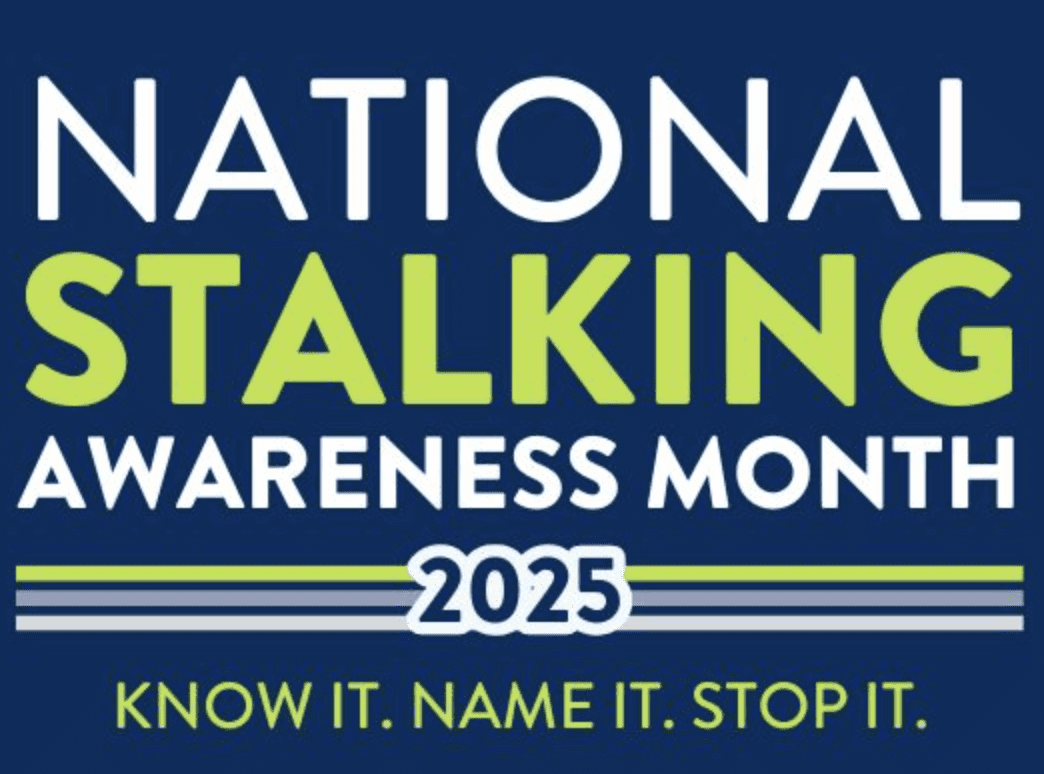By Deana M. Newman, M.A., C.C.P.
As stated last month, the United States and China have now reported that over 25 percent of their respective populations are either overweight or obese, mainly due to poor eating habits and lack of exercise. As a result, cases of cancer and heart disease have increased.
The overweight/obesity epidemic is not limited to these two developed countries. In fact, the BBC News recently reported the alarming statistics of 1.6 billion adults worldwide are overweight, while more than 400 million adults are obese. According to the World Health Organization (WHO), figures will nearly double within the next 10 years. Obesity is no longer an epidemic for some, but a severe global health hazard for all humanity.
Though overweight and obesity problems can stem from several contributing factors, “…many of the causes involve living a sedentary lifestyle and eating more calories than you burn”, said Julia Hillery, former Police Officer and Certified Personal Trainer for the Westside Community YMCA in Lansing, Michigan. “People who want to lose weight need to know that it is not a short-term solution, but rather a lifestyle, so you need a healthy eating lifestyle, not a “fad” diet”, she added.
Once the personal decision to lose weight is made, the next step is the thought process. Most goals are successfully achieved with a thorough plan, effective execution and a systematic evaluation. According to an article collaborated with physicians at the Cleveland Clinic and WebMD, individuals who choose to stick with two or three of the goals listed below, are proven to be successful weight managers:
o Reward your weight loss success, but not with food. Instead, reward yourself with small rewards such as taking an afternoon off from work, going a movie, buying a new music CD, or even an hour of quiet time away from family.
o Balance your “food-checkbook” through observing and recording your eating and exercise habits, such as, how many calories you eat daily, the frequency and timeframe of your exercise efforts, how much you weigh, and daily servings of fruits and vegetables. This will determine where you are and what you need to do to meet your goals.
o Identify those social and environmental cues that tend to encourage undesired eating, and then work to change those cues. For example, you may learn that you’re more likely to overeat while watching television, or whenever treats are on display by the office coffee pot.
o Changing the way you go about eating can make it easier to eat less and lose weight without feeling deprived. It takes 15 or more minutes for your brain to get the message you’ve been fed. So slow down the rate that you eat food. Eating lots of vegetables or fruit can also make you feel fuller. Another trick is to use smaller plates so that moderate portions do not appear smaller. In addition, changing your eating schedule, or setting one, can help you reach your goal, especially if you tend to skip, or delay, meals and overeat later.
Integrating exercise with a healthier dietary lifestyle can enhance your weight loss efforts. However, beginning an exercise routine gradually is important to avoid injury and quick burn-out. For beginners, slowly increasing time, distance and pace of steady walking patterns will increase your chances of sticking with an exercise routine. Even those with busy lifestyles can commit to regular exercise. “I personally believe everyone can find time to workout, you just have to make it a priority”, however, “…you should first consult your doctor and then a fitness expert who can help you set goals and direct you to the safest means to go about your fitness routine.” – exclaims Hillery.
She also further provided suggestions on ways to include exercise into jam-packed lives:
o Exercise using 10 minute workout videos
o Utilize the stairs at work versus elevators and/or take a walk during lunchtime
o Park your car farther away than normal
o Find a safe environment to walk in, such as a shopping mall or a local high school track
Overall, when ready to achieve the ultimate goal of weight loss, remember to focus on the benefits. Consuming a healthy diet and exercising is good for your emotional, spiritual and physical well-being. Stay focused in achieving your personal goals and you will never regret the time you took to help yourself live a longer, happier and rewarding life.



